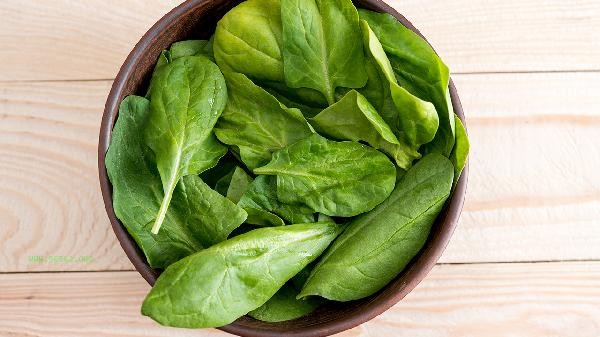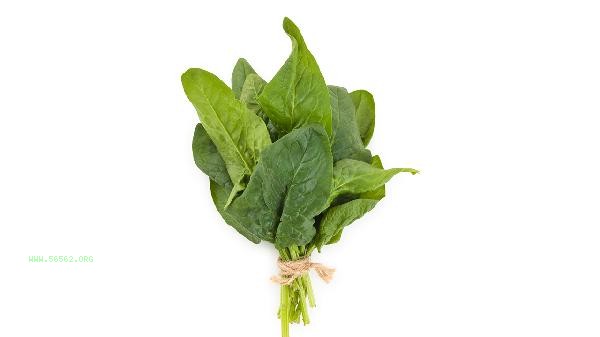Spinach generally does not freeze to death in winter and has strong cold resistance. Spinach is a cold resistant vegetable that can tolerate lower temperatures, but may suffer from freezing damage under extreme low temperatures or prolonged freezing conditions. The cold resistance of spinach is related to its variety and growth stage. Most spinach varieties can survive in low temperature environments ranging from minus 5 to minus 10 degrees Celsius. The leaves may experience slight frostbite due to low temperatures, but the roots usually remain active and can resume growth once the temperature rises. When planting spinach in winter, soil temperature is more critical than air temperature, and the underground part has a lower risk of freezing. Properly covering straw or plastic film can further enhance the anti freezing effect and reduce the probability of direct contact between leaves and frost. If spinach encounters sustained severe cold weather, such as temperatures consistently below minus 15 degrees Celsius or completely frozen soil, it may freeze to death. At this point, the leaves will rupture due to the formation of ice crystals, resulting in water stained decay. The roots will be unable to absorb water, leading to the death of the entire plant. When planting outdoors in cold northern regions, it is recommended to choose varieties with stronger cold resistance or build simple insulation sheds before the cold wave arrives. Watering in winter should avoid the low temperature periods in the morning and evening to prevent water from freezing and exacerbating frost damage.

When planting spinach in winter, attention should be paid to the local climate characteristics and reasonable protective measures should be taken. Choose a plot of land that is windward and sunny, keep the soil moderately moist but avoid waterlogging, and increase the application of potassium dihydrogen phosphate before the cold wave to enhance plant stress resistance. If minor frostbite occurs, promptly remove the damaged leaves and supplement with humic acid fertilizer to promote the sprouting of new leaves. For home potted spinach, moving it indoors or inside the balcony at night can safely overwinter.











Comments (0)
Leave a Comment
No comments yet
Be the first to share your thoughts!